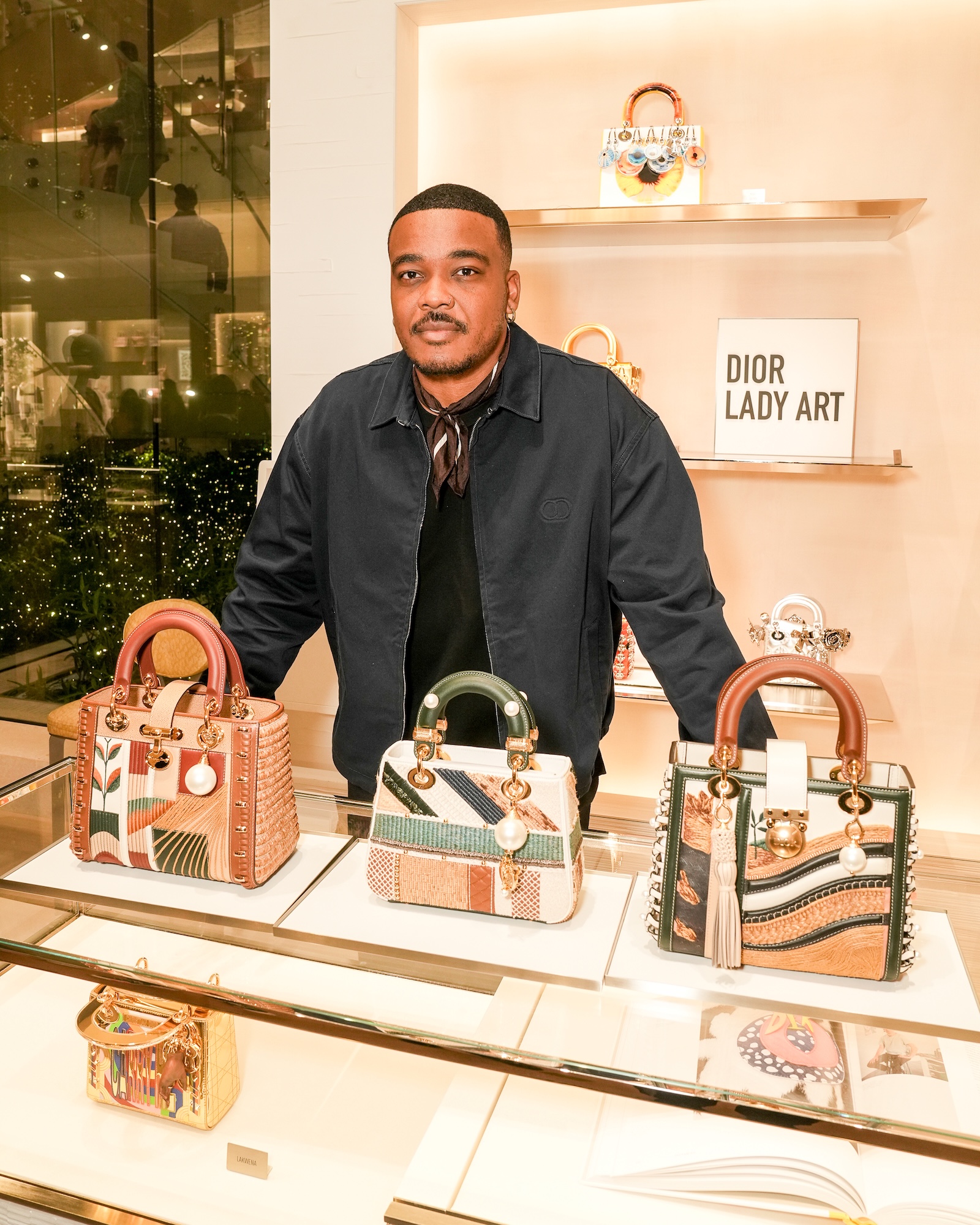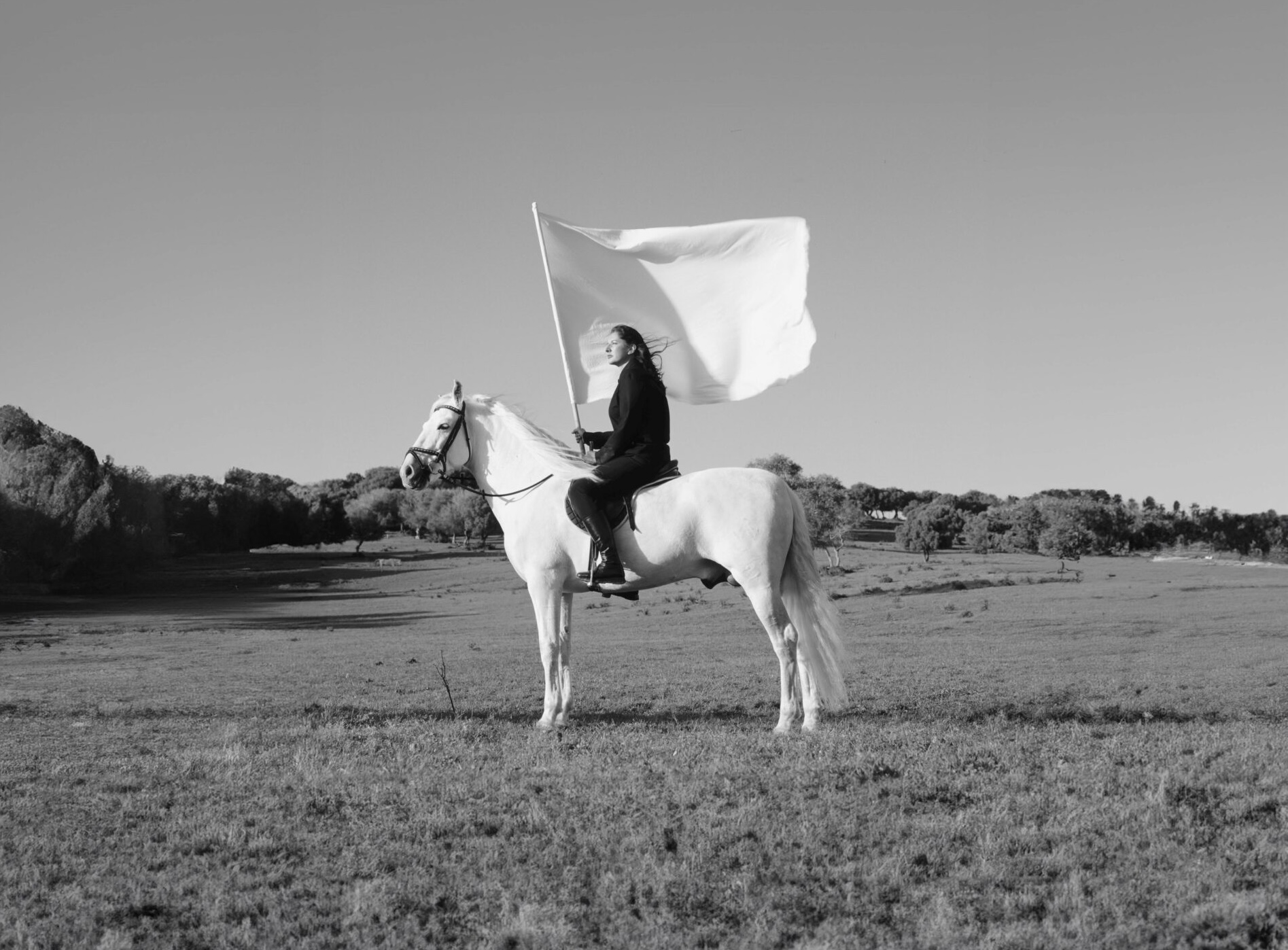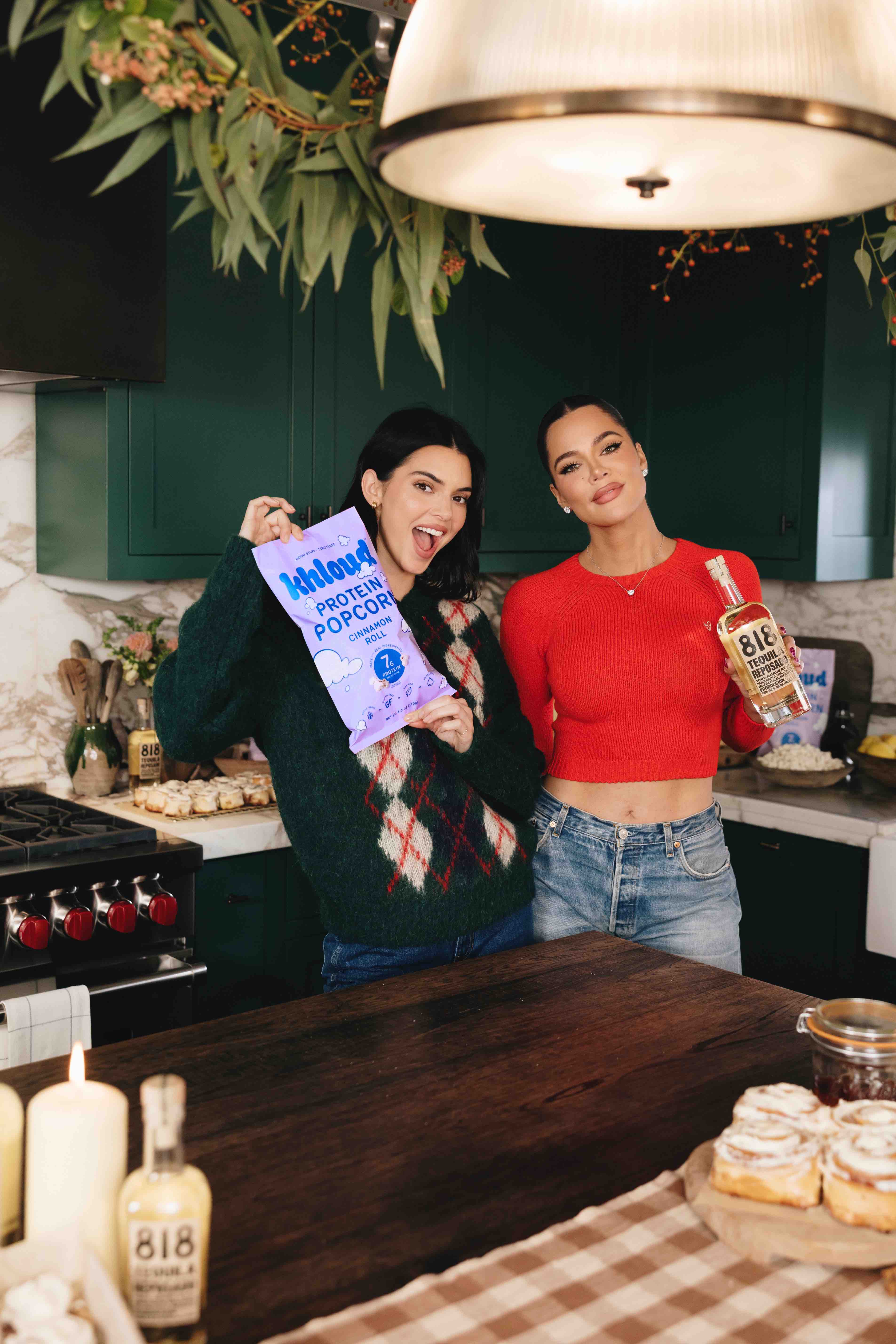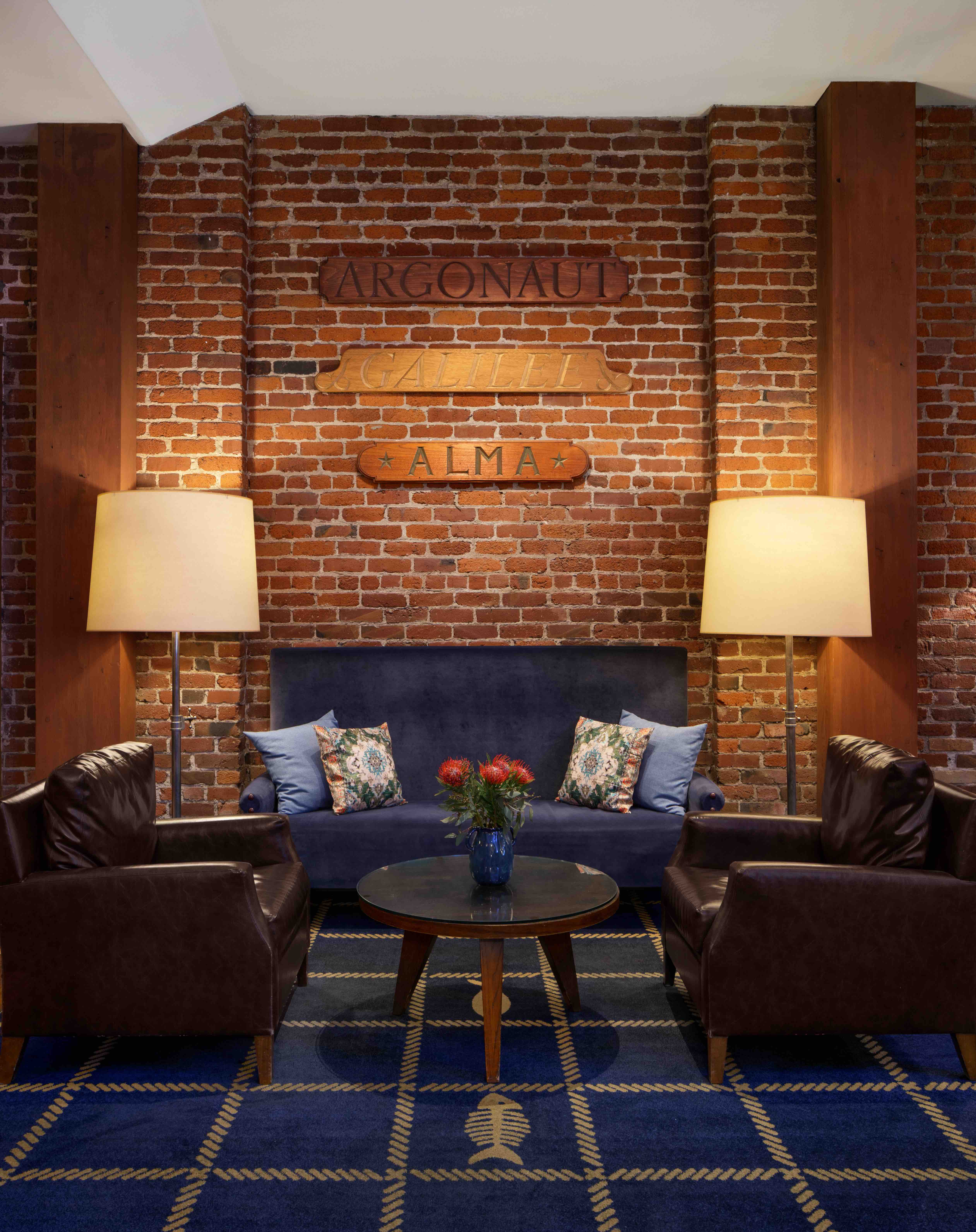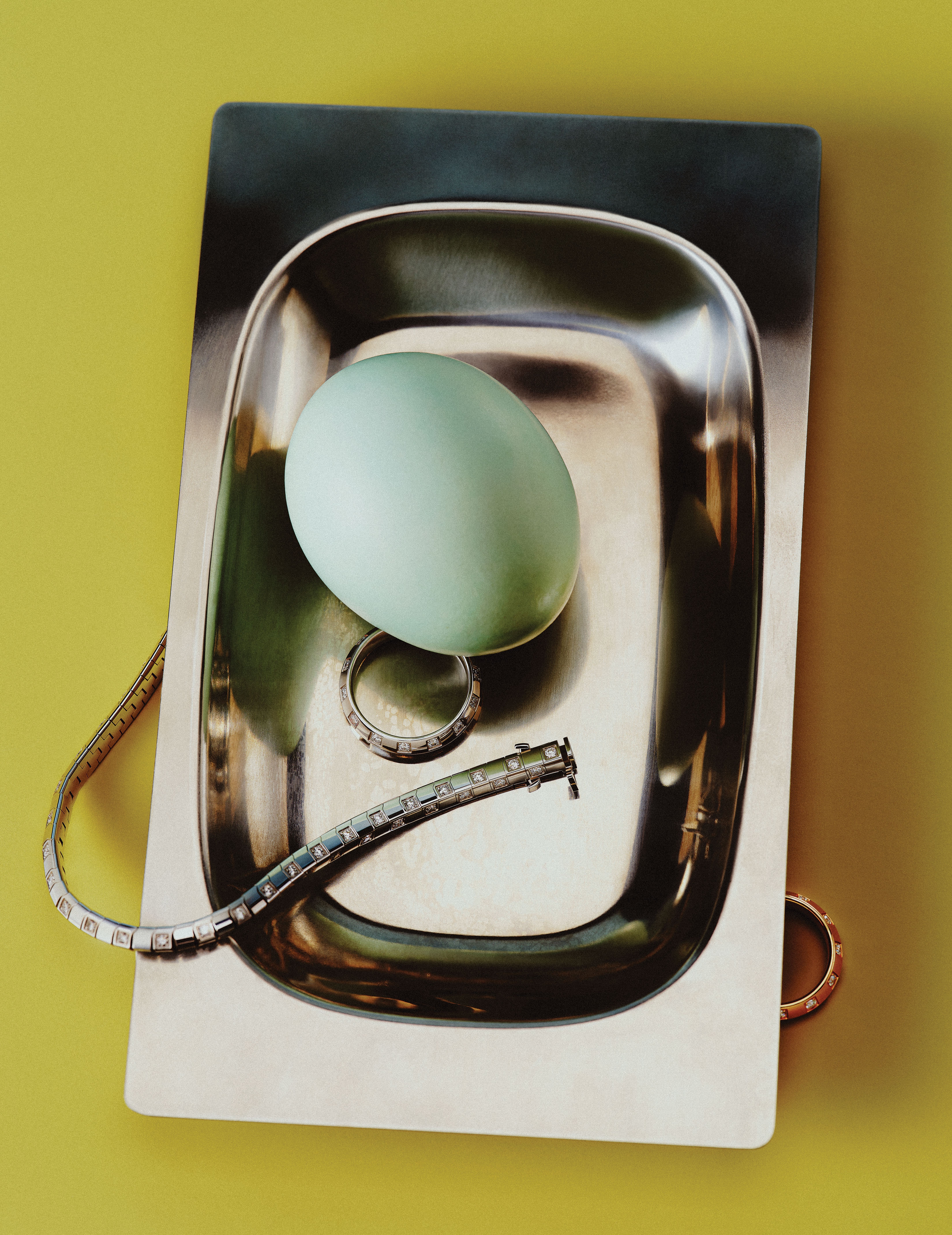
Kado, which means “gift” in Haitian Creole, grew up listening to trap artists like Jeezy, Gucci, Playa Fly, T.I. and Boosie. However, as someone who has been heavily affected by the judicial system and is an avid reader of authors from James Baldwin to Zora Neale Hurston, the poet and rap scholar’s lyrics have always contained pensive messages. Says Roc Nation artist Vic Mensa (who collaborated with the wordsmith on the 2020 single “Nino’s Lips”), “Kado is one of the most talented lyricists I know. The elite level of his wordplay is probably only trumped by the gravity of his story, which is literally breathtaking.” For over a decade, the rap vet has delivered iconic bars on a respectable catalog of mixtapes including 2011’s career-establishing King of the Triple Beam Vol. 2.


Rhiyen Sharp: You we’re born into dysfunctional circumstances and as a child, your family moved from the Bahamas to Brooklyn, the Flatbush area because you needed assistance with your leg—and by 11 you were in jail. When you look back at that period in your life, what did your 11-year-old self feel?
Kado: My circumstances were not dysfunctional because that would imply my grandparents and aunt didn’t make things work regardless of where my mother had me. Looking at life everything worked out fine. And at 11 years old I didn’t feel or didn’t understand what I felt.
Rhiyen Sharp: Your rhymes have so much depth and are prolific. How were you in school?
Kado: School was easy. I loved math and language arts. I graduated too. But I was behavioral... extremely behavioral.
Rhiyen Sharp: When did you realize that rapping was a career possibility?
Kado: It’s still doesn’t feel like it is now. I just love doing it so much I can’t stop no matter what happens so this must be part of my purpose and I don’t block my blessings anymore. Or at least try my best not to.
Rhiyen Sharp: You set out to create the perfect project with Never Lost a Gunfight (Allegedly), and you did. How confident were you when you left the studio that you achieved your goal?
Kado: I didn’t though. It’s really a mixtape and the word album got attached to it. I’m just getting started.
Rhiyen Sharp: Both Vic Mensa and Malik Yusef speak so highly of your artistry and raw talent. How did you develop those relationships?
Kado: Through real life situations and people. Those are my brothers.
Rhiyen Sharp: I know that you completed this album on house arrest, what was that experience like?
Kado: It made me not ever want to record in a studio again. Not the mixing and mastering part just the comfortability and being able to just experiment on my own time with whatever I choose.
Rhiyen Sharp: You created a genre called "Kokaine Gospel" can you explain that?
Kado: Kokaine Gospel is a certain sound but also it’s the content and the way it’s delivered and who it’s delivered from. It’s spoken word, it’s scripture it’s real it’s a journey then once you realize it’s over. You put the Bible down to pick it up later and pray, cry and be thankful all over again. The Kokaine is for what you can’t feel and for that I have a good story to tell you and That’s the gospel.

Follow Kado on:
Youtube Apple Music Instagram


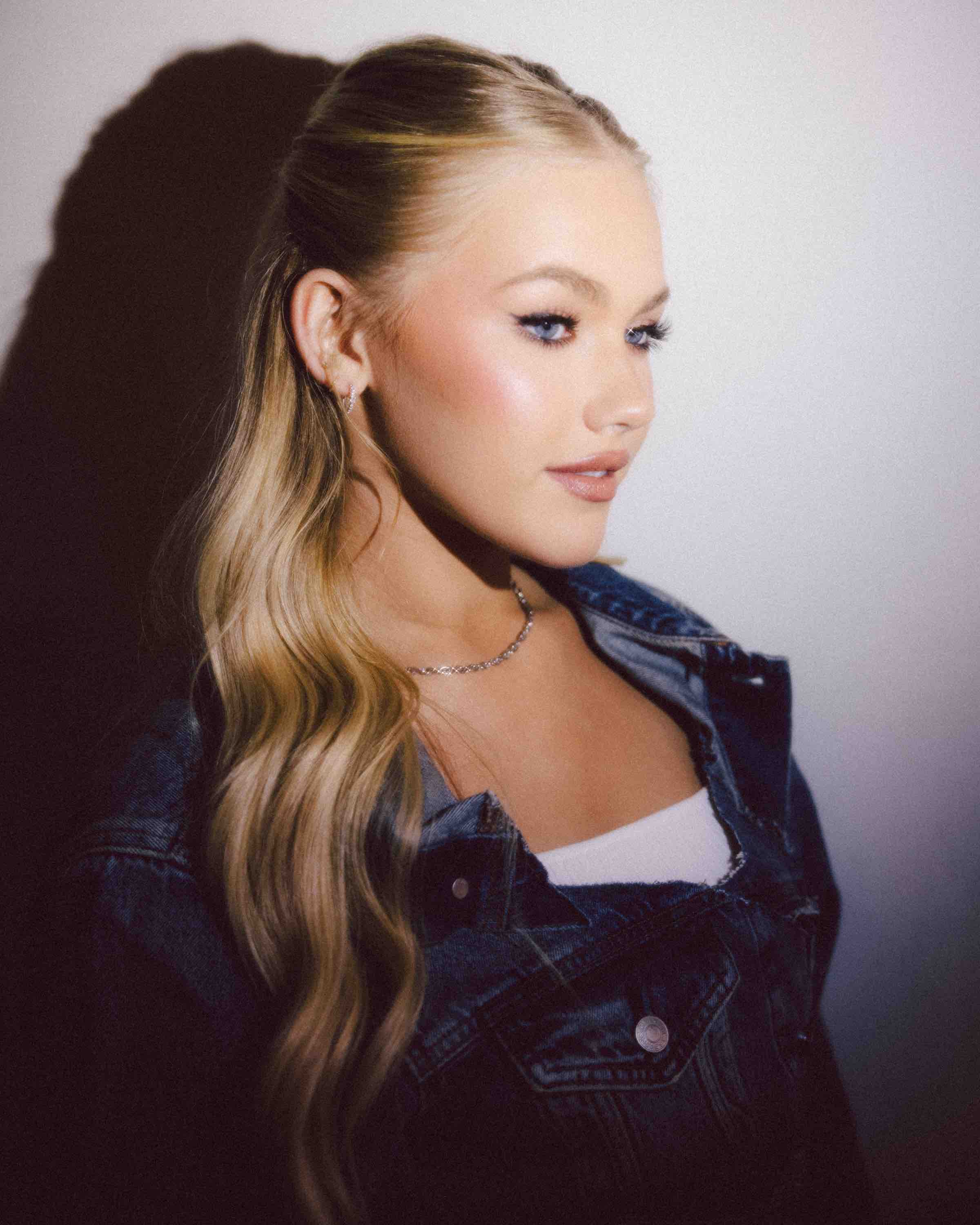
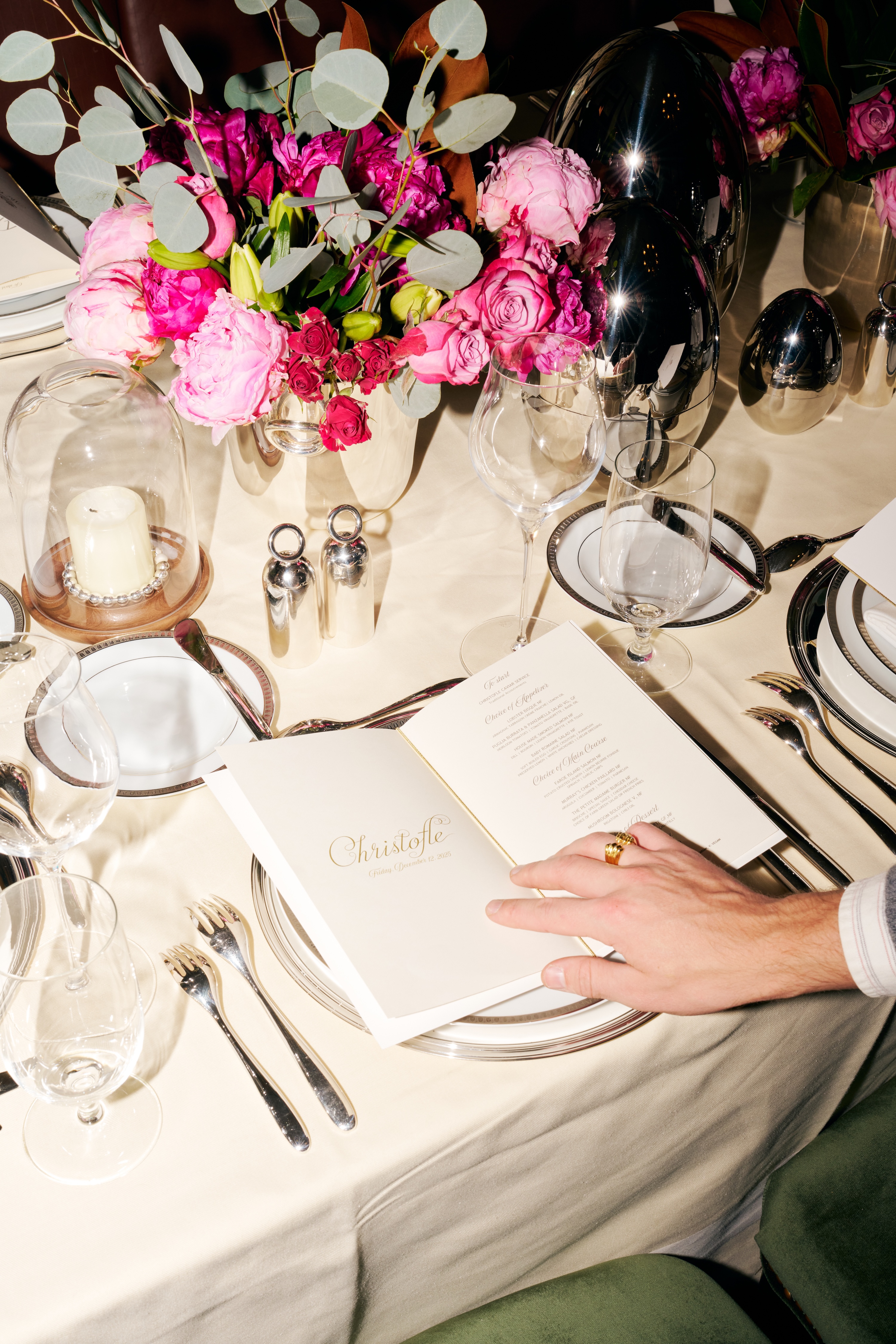
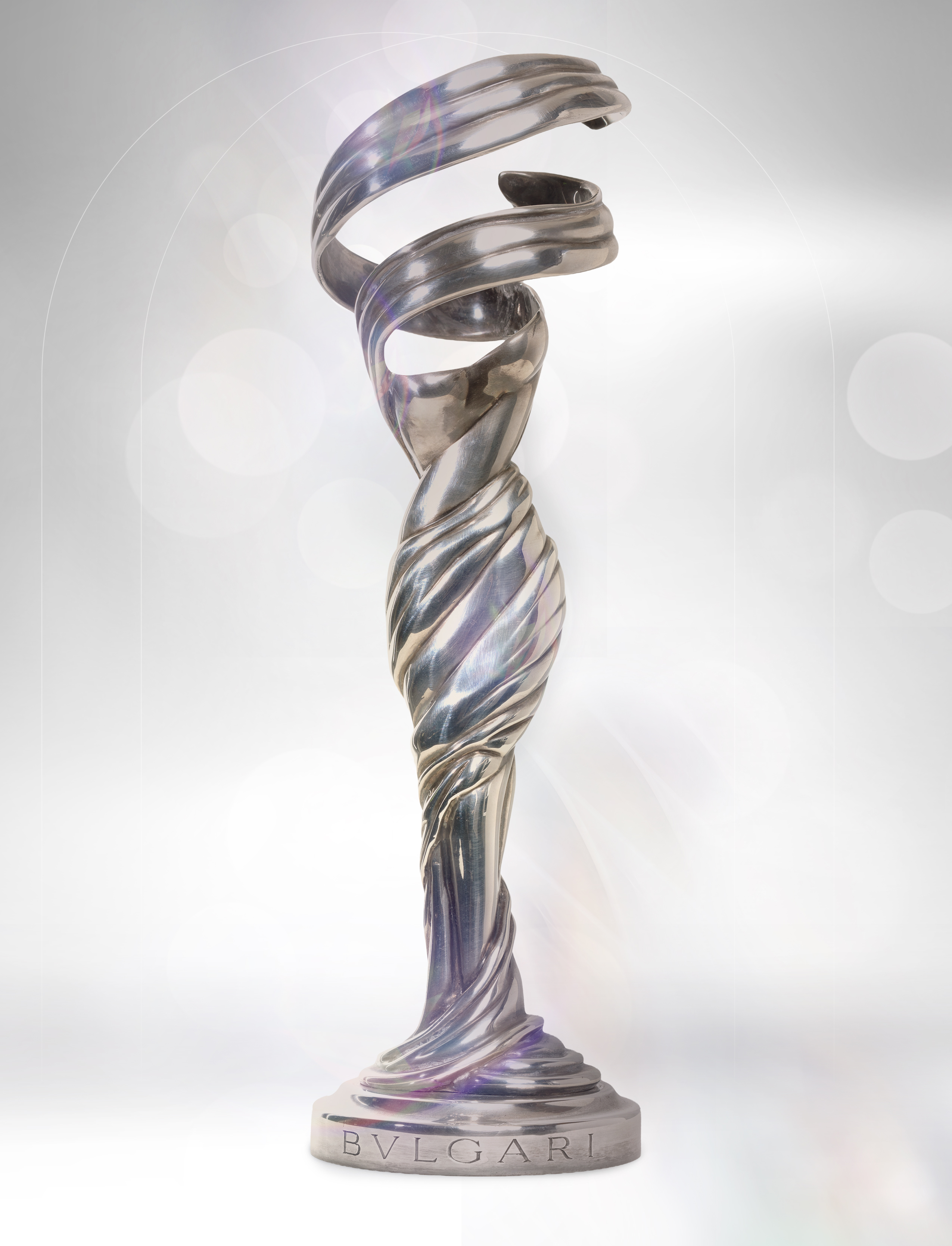

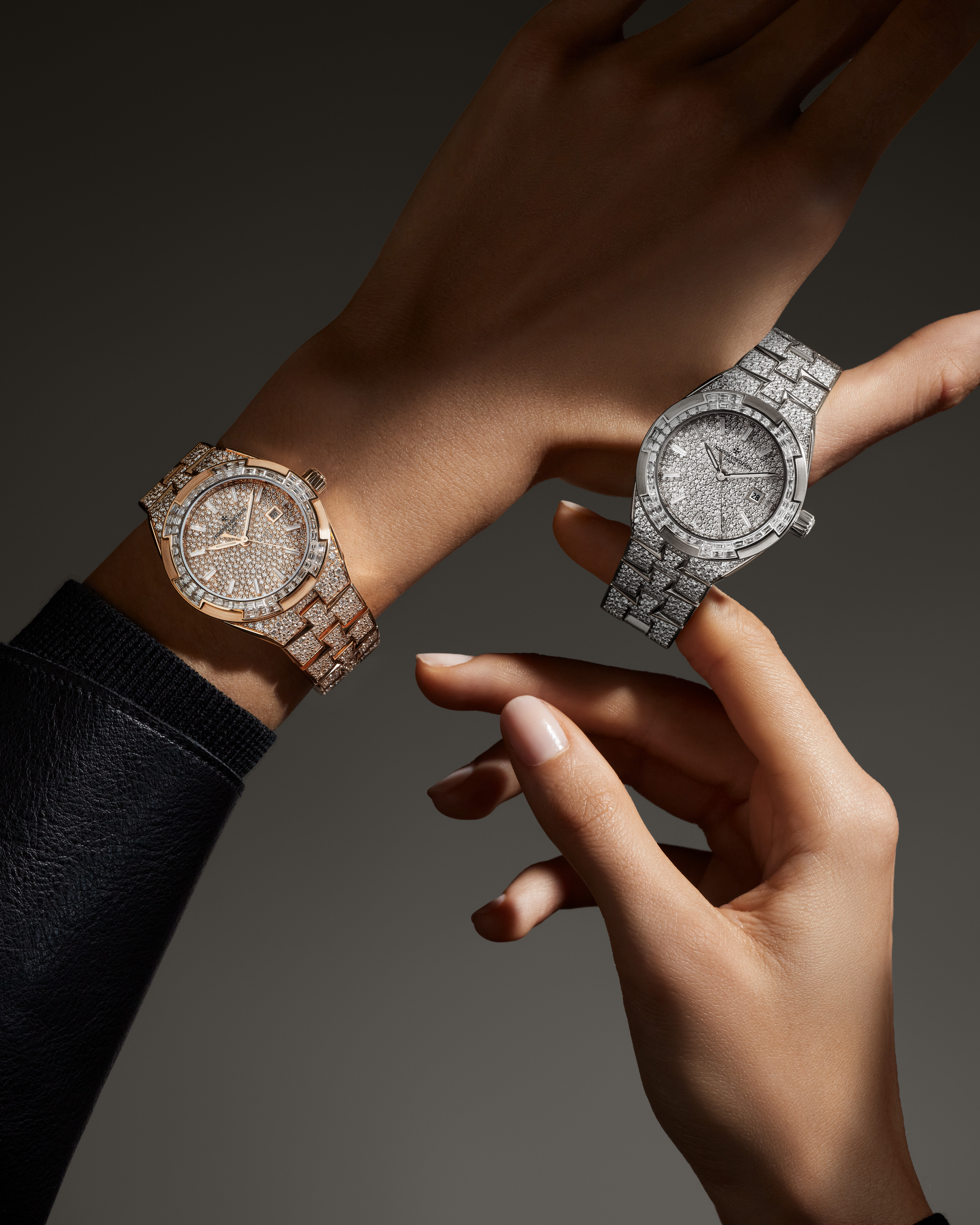
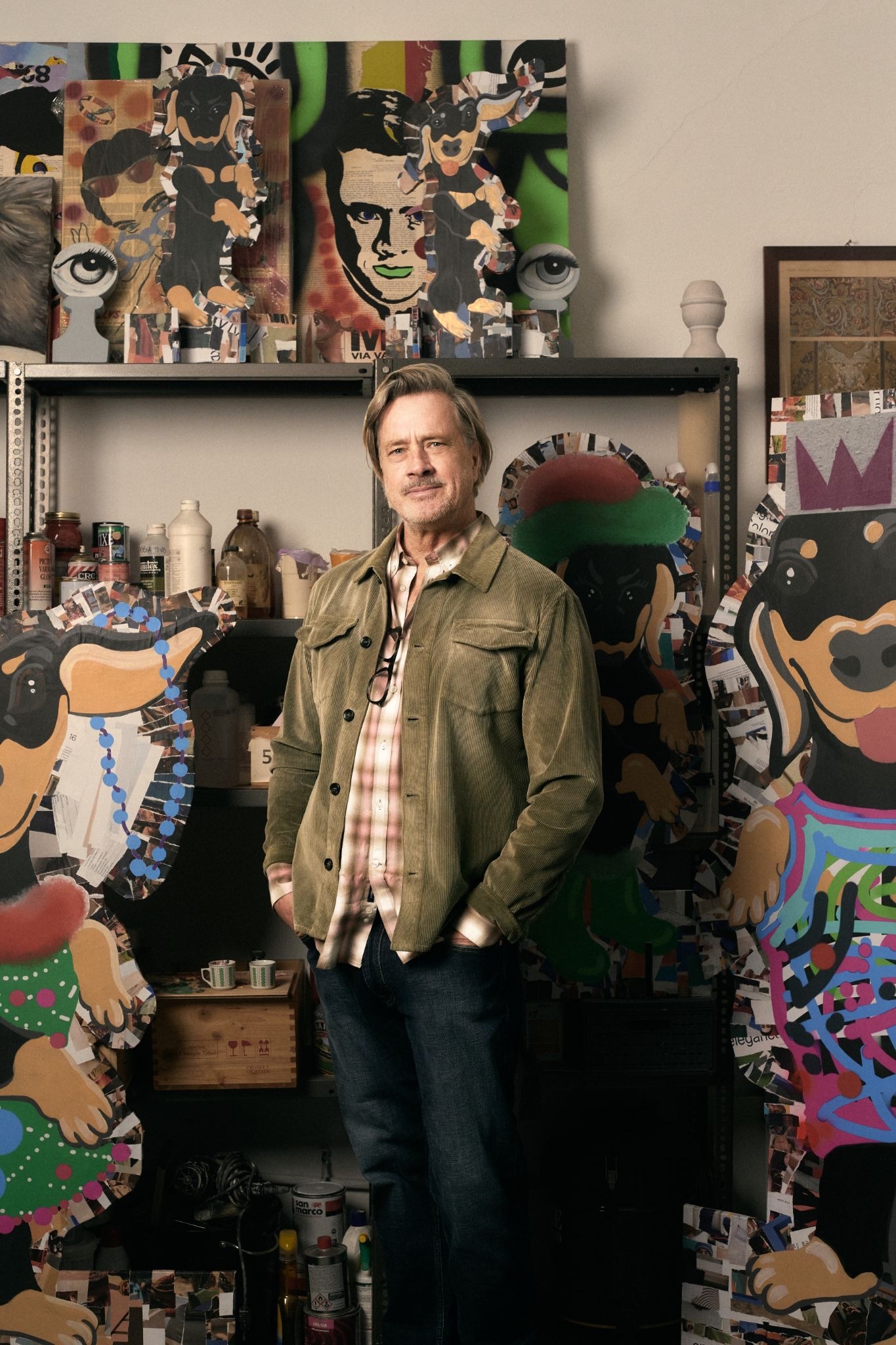
.JPG)
.jpg)
